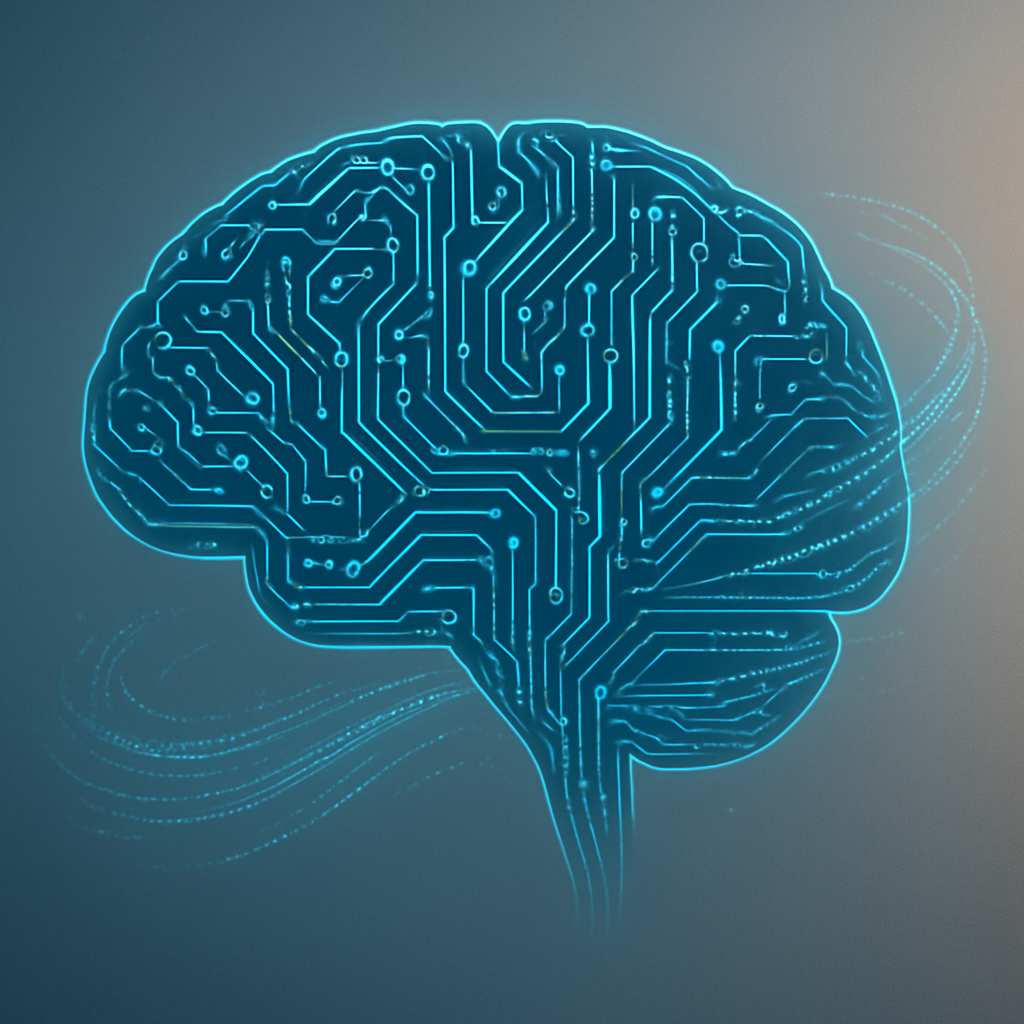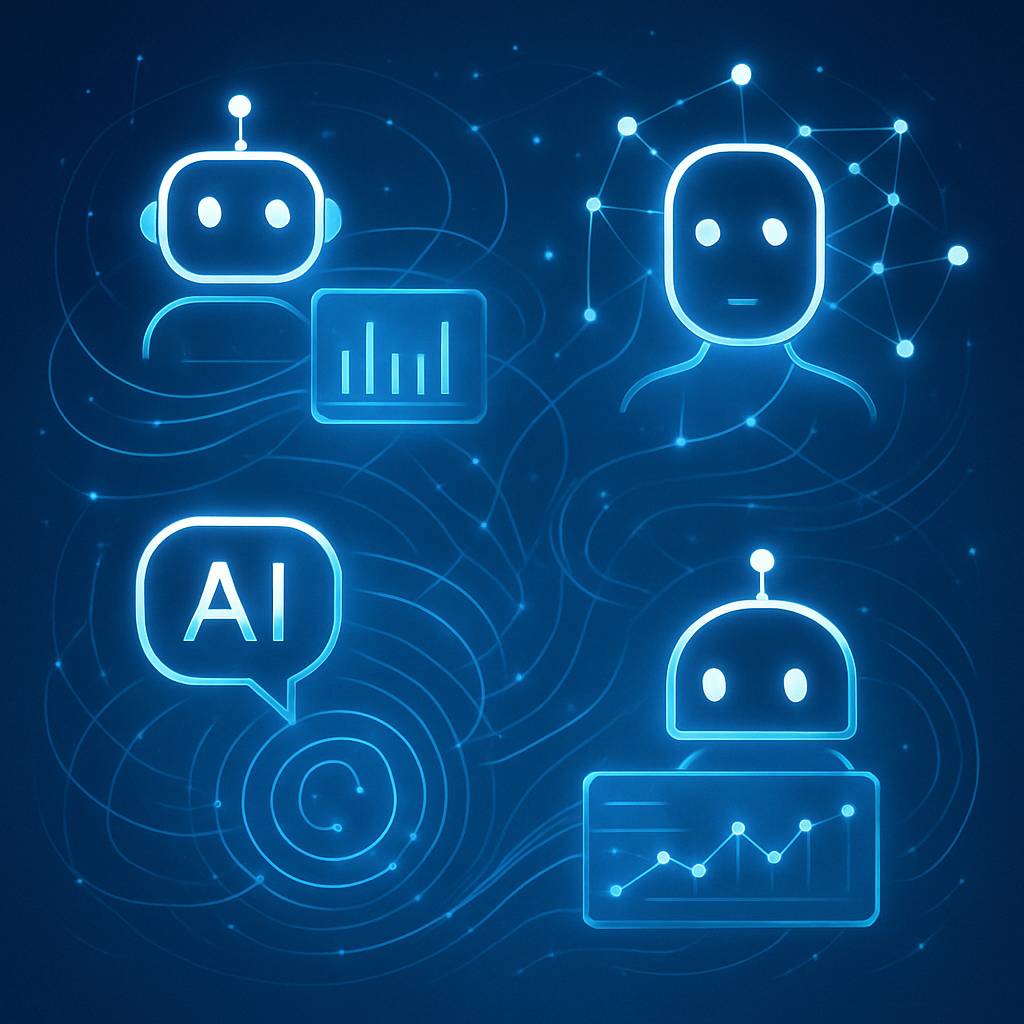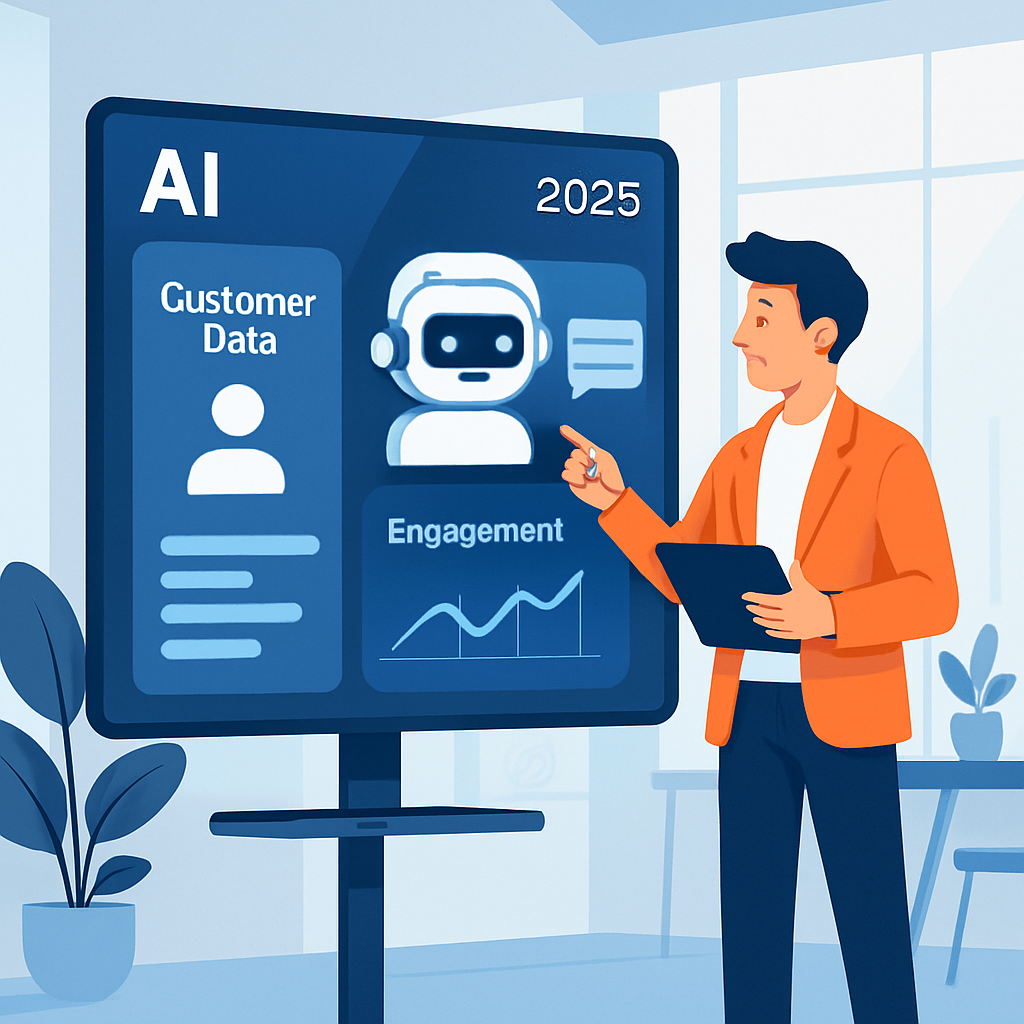
Exploring the Evolution and Ethics of AI Language Models in 2024
Introduction to AI Language Models
AI language models, designed to understand and generate human-like text, have reshaped communication and technology in profound ways by 2024. From simple chatbots in early 2020s to sophisticated conversational agents, they have become the backbone of numerous applications, including virtual assistants, content creation, and automated customer support.
The Technological Evolution of AI Language Models
Early Foundations and Breakthroughs
The journey began with rule-based systems and statistical models that had limited linguistic understanding. Progress accelerated with neural networks and later with transformer architectures, leading to models like GPT, BERT, and their successors.
Recent Advances in 2024
By 2024, large-scale models have grown exponentially in parameters and training data, enabling unprecedented capabilities. Innovations such as multimodal learning, where language models integrate visual and auditory data, have emerged. These models demonstrate improved contextual understanding, creativity, and adaptability across languages and domains.
Key Applications Highlighting AI Language Models’ Impact
Enhanced Communication Tools
Modern language models support real-time translation and transcription services with near-human accuracy, enabling seamless global collaboration.
Content Generation and Creative Collaboration
AI-driven writing assistants help generate articles, scripts, and even poetry, amplifying human creativity while maintaining style and coherence.
Industry-Specific Solutions
Healthcare leverages AI for summarizing medical records and generating reports. Legal tech uses it to draft contracts and analyze documents, enhancing efficiency and reducing human error.
Ethical Implications Emerging in 2024
Bias and Fairness Concerns
Despite advancements, AI language models often inherit biases from training data, leading to unfair or harmful outputs. Addressing these biases remains a critical challenge, requiring diverse datasets and ongoing model audits.
Transparency and Explainability
The “black-box” nature of large models complicates understanding how decisions are made, raising concerns about accountability and trustworthiness in sensitive applications.
Potential for Misinformation
AI’s ability to generate realistic but fabricated text can be weaponized to spread misinformation. This necessitates development of robust detection tools and ethical guidelines.
Privacy and Data Security
Training on massive datasets may inadvertently expose sensitive information. Stricter data handling policies and privacy-preserving techniques are vital safeguards.
Impact on Employment and Creativity
The automation of language tasks threatens certain job sectors, prompting debates about human roles and AI collaboration in creative industries.
Balancing Innovation with Responsibility
Researchers, developers, and policymakers emphasize the importance of ethical frameworks designed to guide AI language model development. Principles such as beneficence, justice, and respect for user autonomy help ensure responsible innovation.
Collaborative initiatives between academia, industry, and civil society aim to establish standards for auditing algorithms, transparency, and user-informed consent.
Looking Ahead: Future Directions in AI Language Modeling
Efforts continue toward building more generalized, context-aware models that can understand nuanced human values and communication subtleties. Hybrid systems combining symbolic reasoning with statistical learning hold promise for enhancing explainability and ethical alignment.
The integration of AI models in augmented reality, personalized education, and mental health support signals exciting frontiers, accompanied by ongoing scrutiny of their societal impacts.
Conclusion
AI language models in 2024 are marvels of technological innovation with transformative potential. Yet, their evolution brings ethical complexities that society must navigate thoughtfully. Balancing progress with principled stewardship is essential to harness these powerful tools for inclusive and beneficial outcomes.







